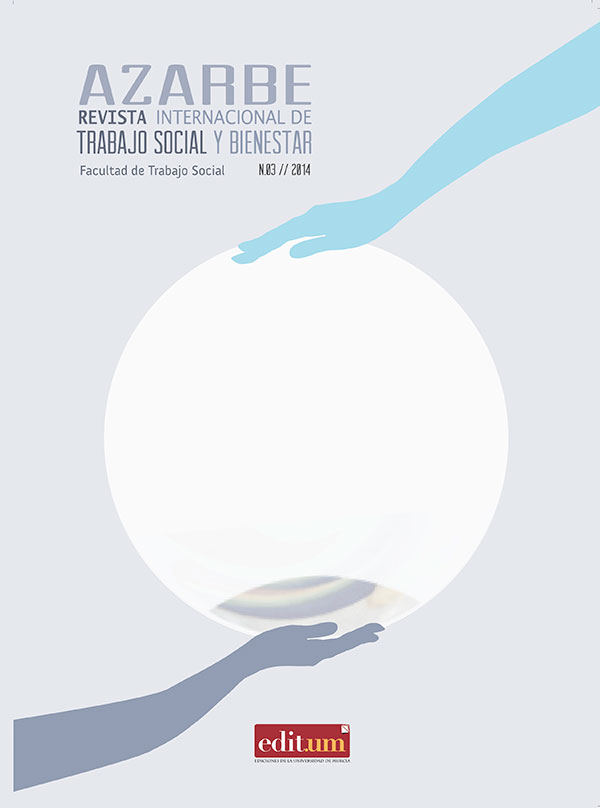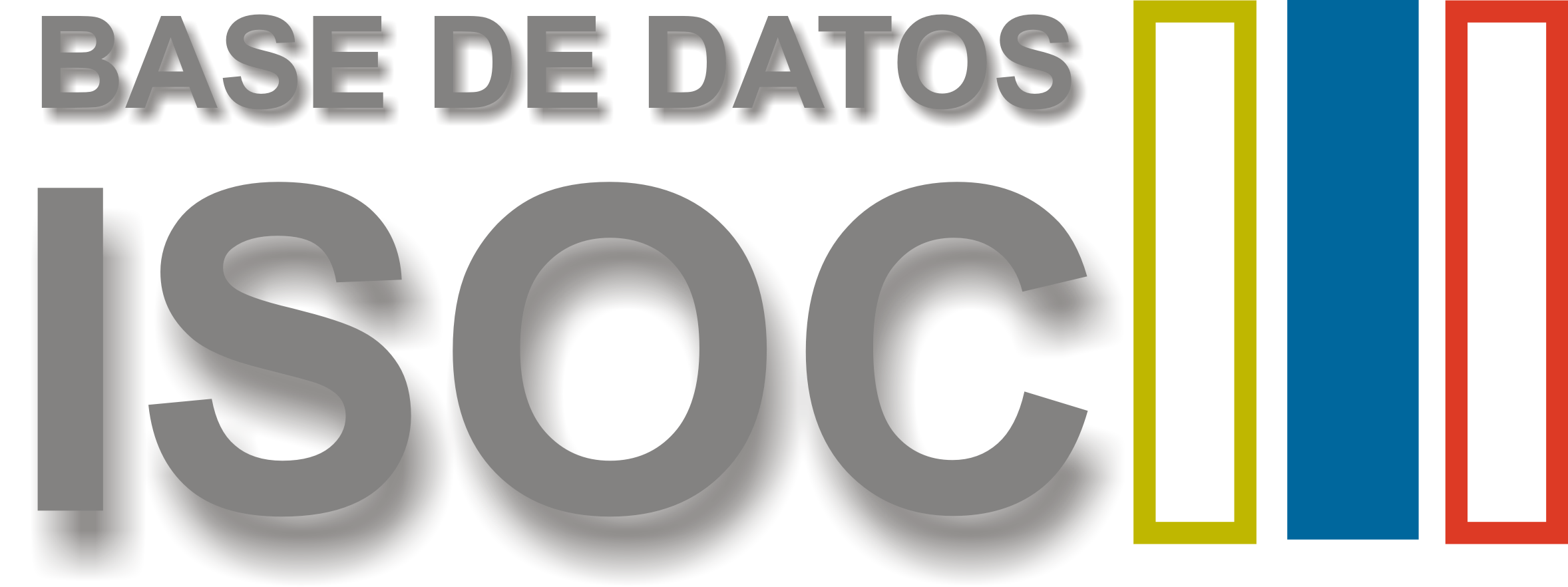Social Work and Smart Cities: Towards a new conception of accessibility in tourism destinations for the promotion of personal autonomy
Abstract
In Spain, tourism represents one of the branches of the tertiary sector of greater relevanceand economic impact, being the second tourist destination in the world with 6,9% of the share ofworld market (OMT, 2008). Through the Law 51/2003, equal opportunities, non-discrimination and universal accessibility of persons with disabilities, this work reflects on the predominant role between the accessible tourism and Social work, emphasizing the idea that intelligent cities constitute as inclusive cities through its spaces, capable of promoting personal autonomy. Also analyses the intelligent concept and evolution that has had accessible tourism, pointing out the performances of the cities listed as Smart Cities and some examples of good practices carried out in tourism. We have used techniques such as documentary analysis, literature review and analysis of cases. The results show how the actions taken must include accessibility in a broad sense so that they can be categorized as intelligent, highlighting the synergy that is happening between both terms, as well as awareness that currently exists by administrations and citizens in terms of accessibility.Downloads
-
Abstract1163
-
PDF (Español (España))728
Las obras que se publican en esta revista están sujetas a los siguientes términos:
1. El Servicio de Publicaciones de la Universidad de Murcia (la editorial) conserva los derechos patrimoniales (copyright) de las obras publicadas, y favorece y permite la reutilización de las mismas bajo la licencia de uso indicada en el punto 2.
2. Las obras se publican en la edición electrónica de la revista bajo una licencia Creative Commons Reconocimiento-NoComercial-SinObraDerivada 3.0 España (texto legal). Se pueden copiar, usar, difundir, transmitir y exponer públicamente, siempre que: i) se cite la autoría y la fuente original de su publicación (revista, editorial y URL de la obra); ii) no se usen para fines comerciales; iii) se mencione la existencia y especificaciones de esta licencia de uso.
3. Condiciones de auto-archivo. Se permite y se anima a los autores a difundir electrónicamente las versiones pre-print (versión antes de ser evaluada) y/o post-print (versión evaluada y aceptada para su publicación) de sus obras antes de su publicación, ya que favorece su circulación y difusión más temprana y con ello un posible aumento en su citación y alcance entre la comunidad académica. Color RoMEO: verde.














